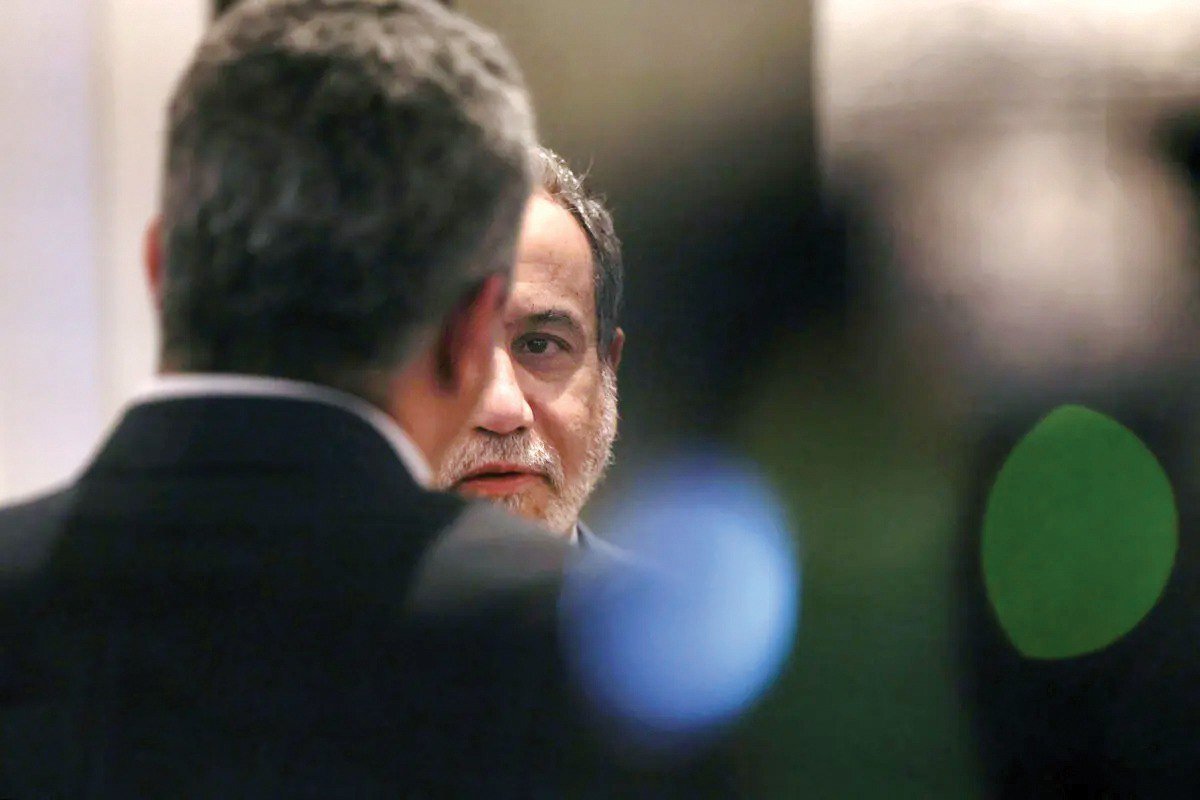No talks for now
Iran believes US not genuine about diplomacy as sources say war is Trump’s ultimate choice

TEHRAN – The prospects for new negotiations between Iran and the United States remain dim for the foreseeable future after President Donald Trump bombed Iran last month during ongoing talks that had begun in April, leading Tehran’s leaders to conclude the Republican administration has no genuine interest in a deal.
Multiple officials and reports have made it clear in recent days that Iran can no longer trust the United States, which assisted Israel in launching airstrikes against Iranian nuclear, military, and civilian infrastructure from June 13 to June 24. As the war's mounting costs—particularly from devastating Iranian missile strikes on the occupied territories—became unbearable for Israel, Trump escalated U.S. involvement by personally ordering airstrikes on Iran's nuclear facilities at Natanz, Esfahan, and Fordow. The war claimed at least 1,060 Iranian lives, predominantly civilians.
“Negotiation is not on the table right now,” Ali Larijani, advisor to the Leader of the Islamic Revolution, Ayatollah Seyyed Ali Khamenei, said on Thursday. “Let us allow the Leader to utilize this tool when he deems it appropriate. There is no rush. They have waged war against us—first, they must explain why.”
Iran and the U.S. had completed five rounds of indirect nuclear talks before the war and were scheduled for a sixth round just days before Israel launched its attacks. While Trump and Israeli Prime Minister Benjamin Netanyahu claimed their goal was to prevent Iran from developing nuclear weapons, Western intelligence reports and IAEA findings contradicted this justification. The IAEA's May report—which recycled previously debunked claims about Iran's nuclear program—appeared to lay the groundwork for the airstrikes. Analysts note that the assassinations of senior Iranian military commanders and failed attempts to kill President Masoud Pezeshkian and Ayatollah Khamenei aligned with a broader strategy to overthrow Iran's government.
On Friday, Iranian Foreign Minister Abbas Araghchi said any new round of negotiations would depend on the other side’s readiness to engage in a serious and balanced dialogue. “A new phase of talks with the U.S. will only happen when the opposing side is prepared to accept certain key realities,” Araghchi stated on X.
Speaking after a joint video conference with the foreign ministers of France, Germany, and the United Kingdom (E3), along with the European Union’s foreign policy chief, Araghchi reiterated that it was the United States—not Iran—that abandoned the 2015 nuclear deal known as the JCPOA and escalated to military confrontation. “It was the U.S. that walked away from an agreement crafted over two years with the support of the EU. It was the U.S. that left the negotiating table this June and opted for military aggression instead.”
Araghchi added that any resumption of negotiations would require a framework that ensures a “fair, balanced, and mutually beneficial agreement.”
Trump has repeatedly said in recent weeks that he wants to restart talks with Iran while asserting that Iranian nuclear sites were completely “obliterated” during the 12-day war. He has yet to explain what exactly he hopes to negotiate if he believes Iran's nuclear facilities no longer exist.
A senior Iranian official has told Press TV that the U.S. seeks negotiations as preparation for war rather than peace. “Our intelligence shows Washington wants talks to lay the groundwork for war. In that case, we see no point in wasting time and would prefer to focus on defensive preparations,” the official stated. Iran will not return to diplomacy, Press TV reported, without “serious, practical guarantees” that the process won't be used as cover for security threats.
Leave a Comment